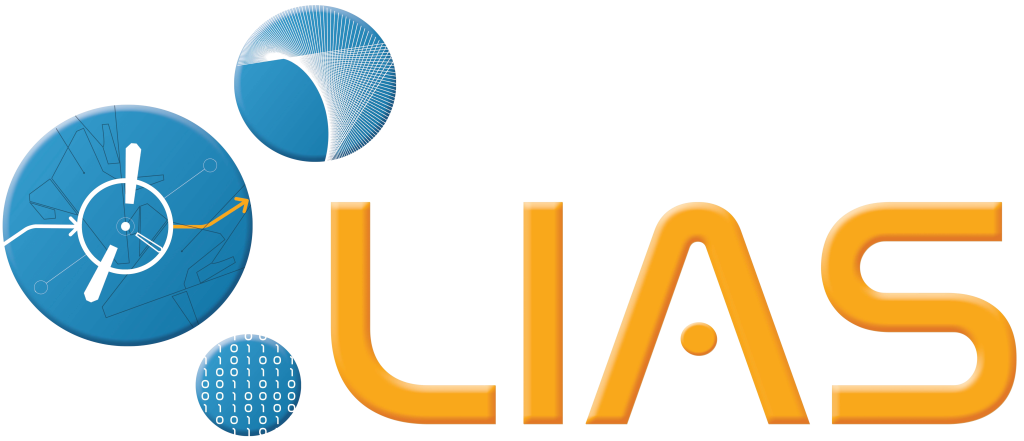This repository contains the source code and reproducibility instructions for the feasibility study about minimum dominating set implementation of clustering under radius constraints.
- Python 3 (tested with 3.11)
- Java Development Kit (tested with OpenJDK 17)
- R (tested with 4.2.2)
- GCC (tested with 12.2.0)
- Git
The source code is available on github:
git clone https://github.com/lias-laboratory/mds_clustering
cd mds_clusteringOnce you have verified that you have the required software (see the requirements section above), you can install the additional dependencies by using the provided setup script:
./setup.shIf you prefer to install and configure dependencies manually, please refer to the INSTALL.md file.
The bench_radius.py file is the entry point for the benchmark, from which you can run experiments.
The following instruction runs the benchmark using the article settings (all datasets, 10 iterations).
python3 src/bench_radius.py -d allIf you need help with the command line arguments, please refer to the help option of the benchmark.
python3 src/bench_radius.py --helpUpon completion, benchmark results are saved in two files:
results/raw_results.csv, which contains results for each dataset, algorithm and iteration,results/bench_results.csv, which contains results aggregated by dataset and algorithm.
This project in licensed under the MIT License. You can find the full text of the license in the LICENSE file.
This program is part of the research work on the clustering under radius constraint problem, with the support of the LIAS laboratory.
This project was made by the following contributors:
- Quentin Haenn (Main contributor)
- Brice Chardin (Reviewer and supervisor)
- Mickael Baron (Reviewer and supervisor)
We would like to thank the following people for kindly providing us with the source code of their algorithms:
- Alejandra Casado for the minimum dominating set heuristic code, presented in An iterated greedy algorithm for finding the minimum dominating set in graphs
- Hua Jiang for the minimum dominating set exact algorithm code presented in An exact algorithm for the minimum dominating set problem
